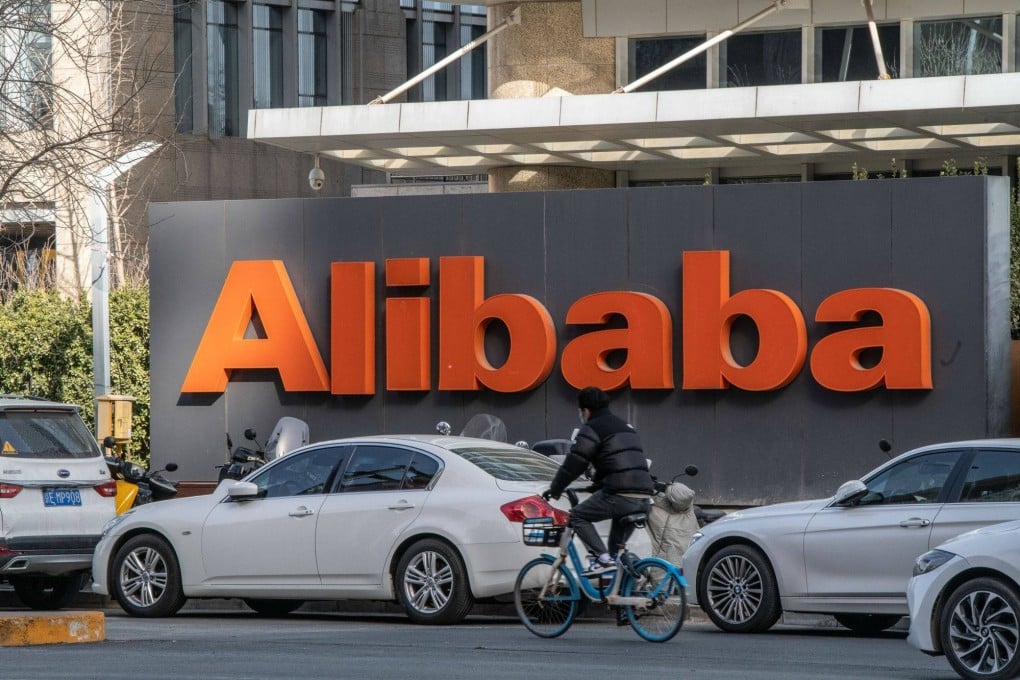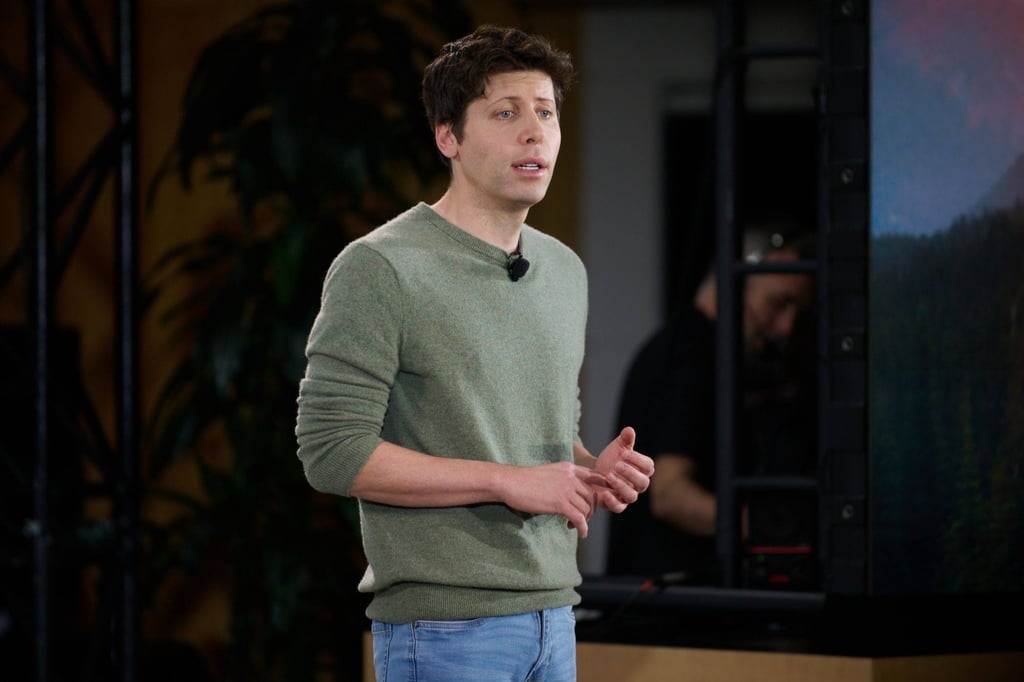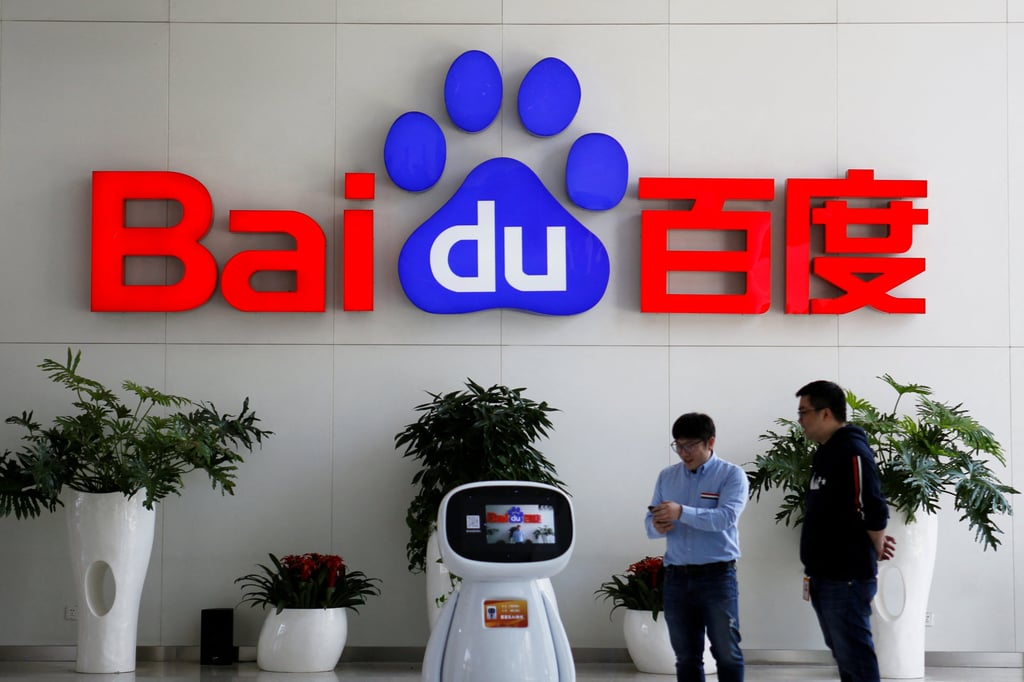Alibaba tests ChatGPT rival as Chinese tech giants like Baidu race to build country’s best AI chatbot
- An Alibaba spokeswoman has confirmed that the company’s research institute Damo Academy is conducting an internal testing of an AI chatbot
- Damo launched a natural language processing model with 27 billion parameters in 2021, after OpenAI released GPT-3 with 175 billion parameters in 2020

Alibaba Group Holding said it is testing a ChatGPT-like service that takes advantage of its years of research in large language models, joining web search giant Baidu in a rush to create China’s answer to San Francisco-based OpenAI’s chatbot, which has set off a frenzy among investors and the general public.
A spokeswoman at Alibaba, owner of the South China Morning Post, confirmed on Thursday that the company’s research institute Damo Academy is conducting an internal testing, but did not provide a timetable for service launch.
Baidu previously said it expects to complete testing of Ernie Bot, its ChatGPT-like service, in March.

Alibaba, a Chinese e-commerce juggernaut, is also one of the country’s leading players in artificial intelligence (AI) research.
In April 2021, Damo introduced a natural language processing model – Pretraining for Language Understanding and Generation – which has 27 billion so-called parameters – a measure of the size and sophistication of an AI model. That same year, the institute built an AI model known as M6, calling it the world’s first 10-trillion-parameter pre-training model.
By comparison, OpenAI’s Generative Pre-trained Transformer 3 (GPT-3), the language processing model that underpins ChatGPT, launched in 2020 with 175 billion parameters.
